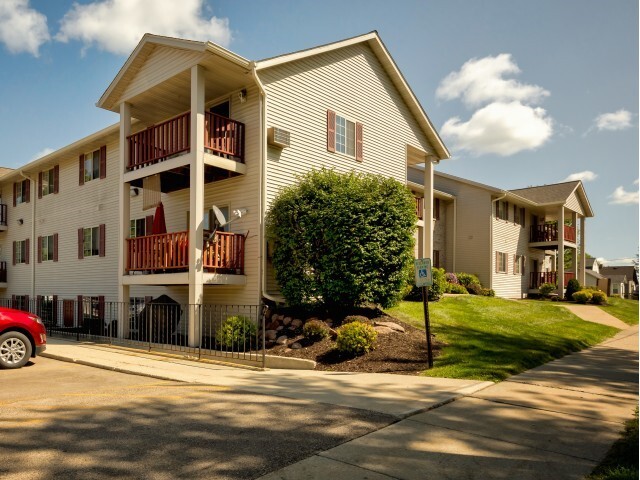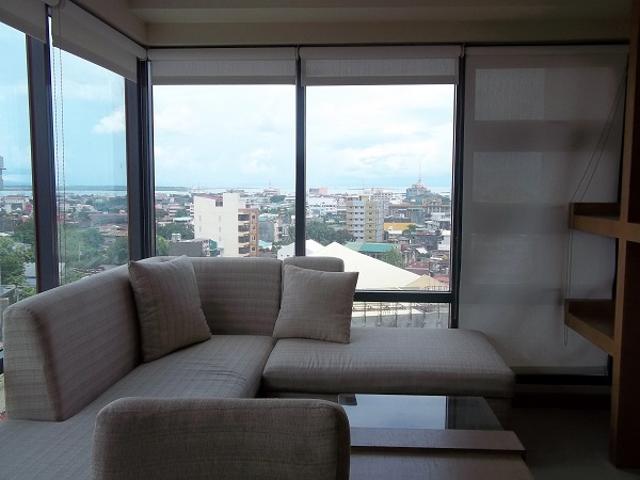
Potential of Your Property
In real estate, the term “en-bloc” refers to the sale of an entire property or a development site as a single entity to a single buyer, often for redevelopment purposes. Understanding the en-bloc potential of your property can be crucial for maximizing its value, whether you’re an investor, developer, or property owner. This blog post will guide you through the key concepts and considerations involved in evaluating the en-bloc potential of your property.
What is En-Bloc Sale?
An en-bloc sale, also known as a collective sale, involves selling a whole building or property to a single buyer. This buyer is typically a property developer or investment firm looking to redevelop the site. En-bloc sales are particularly common in markets where land is scarce and high-density redevelopment is a key part of urban planning.
For a property to be considered for an en-bloc sale, it usually needs to meet certain criteria, including:
- Sufficient Size: The property must be large enough to be redeveloped profitably. In residential contexts, this often means a building with multiple units or an entire block of land.
- Attractive Location: Properties in prime locations or those with high redevelopment potential are more likely to attract buyers. Proximity to amenities, transport links, and future development plans can increase attractiveness.
- Age and Condition: Older properties or those in need of significant renovation may be more attractive for en-bloc sales, as developers often prefer to start with a blank slate.
Assessing the En-Bloc Potential of Your Property
To determine the en-bloc potential of your property, consider the following factors:
- Market Trends and Demand: Analyze current market trends and demand for redevelopment sites. Look at recent en-bloc sales in your area to understand what buyers are looking for and what prices they are willing to pay.
- Regulatory Environment: Check local zoning laws and regulations that might impact the redevelopment potential of your property. Changes in zoning laws or new development plans can significantly affect your property’s en-bloc value.
- Property Condition and Configuration: Evaluate the condition of your property and its configuration. Properties that are well-maintained and have a good layout are often more attractive to buyers. However, even properties in poor condition can be valuable if they are in high-demand areas.
- Financial Considerations: Consider the financial aspects of an en-bloc sale. This includes the potential sale price, associated costs (such as legal fees and taxes), and any financial implications for current tenants or stakeholders.
- Buyer Interest and Market Sentiment: Gauge interest from potential buyers. Engaging with real estate agents or consultants who specialize in en-bloc sales can provide valuable insights into market sentiment and potential buyer interest.

Steps to Maximize En-Bloc Potential
If you’ve determined that your property has strong en-bloc potential, here are some steps to maximize its value and appeal:
- Professional Valuation: Obtain a professional valuation to understand the market value of your property and its redevelopment potential. This will help you set realistic expectations and negotiate effectively with buyers.
- Engage with Experts: Work with real estate agents, consultants, and legal professionals who have experience with en-bloc sales. Their expertise can help you navigate the complexities of the process and ensure that you achieve the best possible outcome.
- Prepare the Property: Ensure that the property is in good condition and address any maintenance issues. A well-maintained property is more likely to attract serious buyers and command a higher price.
- Market Your Property: Develop a marketing strategy to promote your property to potential buyers. Highlight its key features, location advantages, and redevelopment potential.
- Understand the Legal Process: Familiarize yourself with the legal aspects of an en-bloc sale. This includes understanding the contractual obligations, legal requirements, and potential risks involved.
Key Considerations and Risks
While en-bloc sales can offer significant rewards, they also come with risks and considerations:
- Market Fluctuations: Real estate markets can be volatile, and market conditions can change rapidly. Ensure that you stay informed about market trends and be prepared for potential fluctuations.
- Regulatory Challenges: Changes in zoning laws or development regulations can impact the feasibility of an en-bloc sale. Stay updated on any regulatory changes that might affect your property’s value.
- Tenant Concerns: If your property is tenanted, consider the implications for tenants. You may need to manage tenant relocation and address any legal or ethical concerns.
- Negotiation Dynamics: The negotiation process in an en-bloc sale can be complex and may involve multiple stakeholders. Be prepared for detailed negotiations and potential challenges in reaching a final agreement.
- Financial Implications: Understand the financial implications of an en-bloc sale, including taxes, fees, and any potential impact on your overall financial situation. Please take a moment to visit Emerald Of Katong Developer to learn more about the property market.
Conclusion
Understanding the en-bloc potential of your property involves a thorough assessment of market conditions, property attributes, and regulatory factors. By taking a strategic approach and working with experienced professionals, you can maximize the value of your property and achieve a successful en-bloc sale. Whether you’re an investor, developer, or property owner, being informed and prepared is key to navigating the complexities of en-bloc transactions and realizing the full potential of your property.
By staying abreast of market trends, engaging with experts, and carefully managing the sale process, you can unlock significant value and take advantage of the opportunities that en-bloc sales offer.



